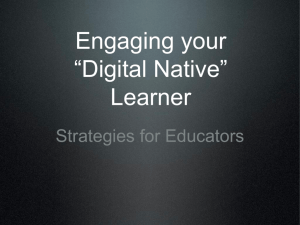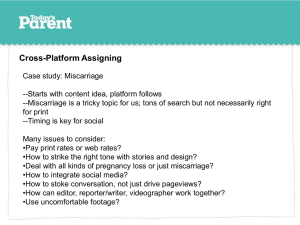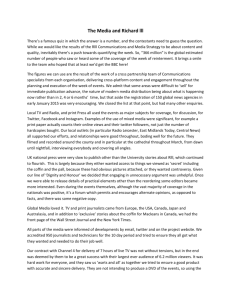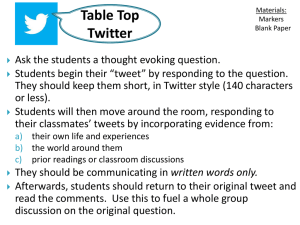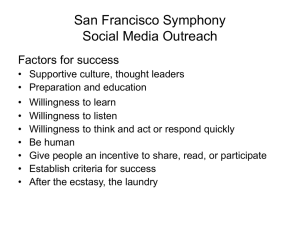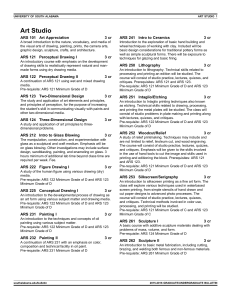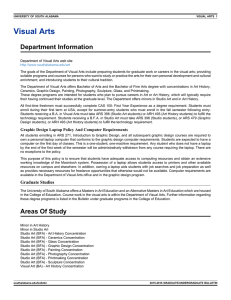EdTechWorkshopFinal_Final
advertisement
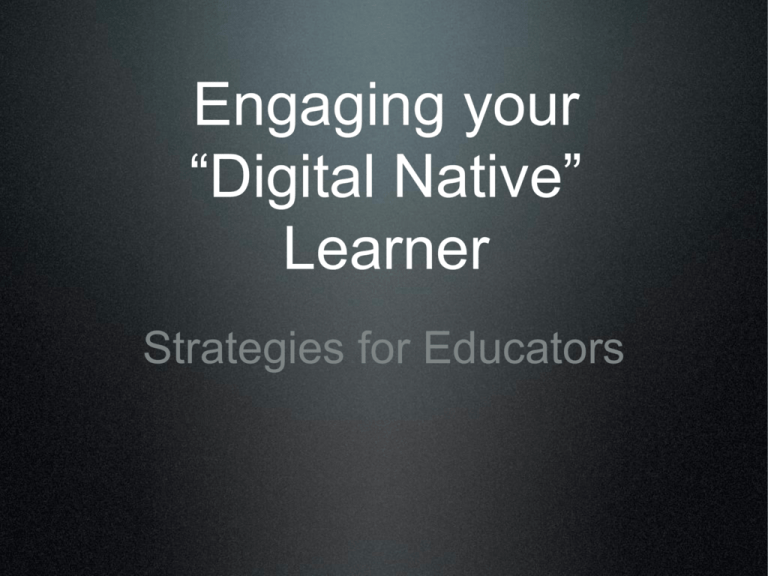
Engaging your “Digital Native” Learner Strategies for Educators Your team of immigrant workshop leaders: • • • • • Michelle Lin Brad Monash Gail Persily Sandrijn van Schaik Evans Whitaker Ice Breaker • What do you think when you hear the term “millennial learner”? and/or • What would you like to learn from this workshop? http://bit.ly/ZoZWtZ Objectives • Describe how the millennial generation approaches learning. • Employ technologies and other strategies to engage learners • Generate ideas for tech-based approaches to stimulate ongoing learning & information sharing Workshop outline • What’s the problem? o The issues, terminology and (some) data • What strategies exist? o Overview and exercises Why should you care? • http://www.youtube.com/watch?v=dGCJ46vyR9o&feature=player_detailpage Digital Native • Born after 1980 • First generation to grow up with current technology • Native speakers of the language of computers, video games, cell phones Before entering college • > 250,000 emails • >10,000 hours talking on cell phones • >10,000 hours of playing video games • >20,000 hours watching TV Millennials Some Debate Millennials/digital natives have different learning styles and preferences; therefore require a different approach to education “Academic form of moral panic” - many generalizations and no data to suggest that academic outcomes suffer with current approaches But (limited) data does suggest.... http://edorigami.wikispaces.com/Understanding+Digital+Children+-+Ian+Jukes http://tinyurl.com/c9vbqa4 Millennial quizzees Strategies to Engage our Learners • Avoid “death by PowerPoint” • Attract attention with audience response systems • Hijack social media to extend the conversation • Construct knowledge with shared documents Twitter: The Digital Watercooler • Listen to discussions • Explore suggested resources (websites, Pubmed links) • Share your own insights Twitter: Get an account A Twitter conversation: NG tubes and upper GI bleed Twitter: Tips for success 1. Create an account. 2. Post only work-related content. 3. Avoid info overload: Follow only 5 people. 4. Build daily habit of checking Twitter feed. 5. Engagement: After lurking for at least 1 week, respond to a tweet. 6. Organically grow your Twitter network. Audience Response Systems (ARS) – Why? • Engaging • Interaction • In-class checks • Comprehension • Assessments – needs, formative, and summative ARS – Why not? • • • • Distracting Learning curve More technology to fail Can be over-used ARS – How? ARS Tips • Think pedagogy first! • Plan ahead o Pre-test o Multiple ways to access poll o Have a back-up plan • < 3-4 questions/hour • Allow 1-2 minutes for each question • Be creative (e.g., individual or team competition, games, use images instead of words…)
